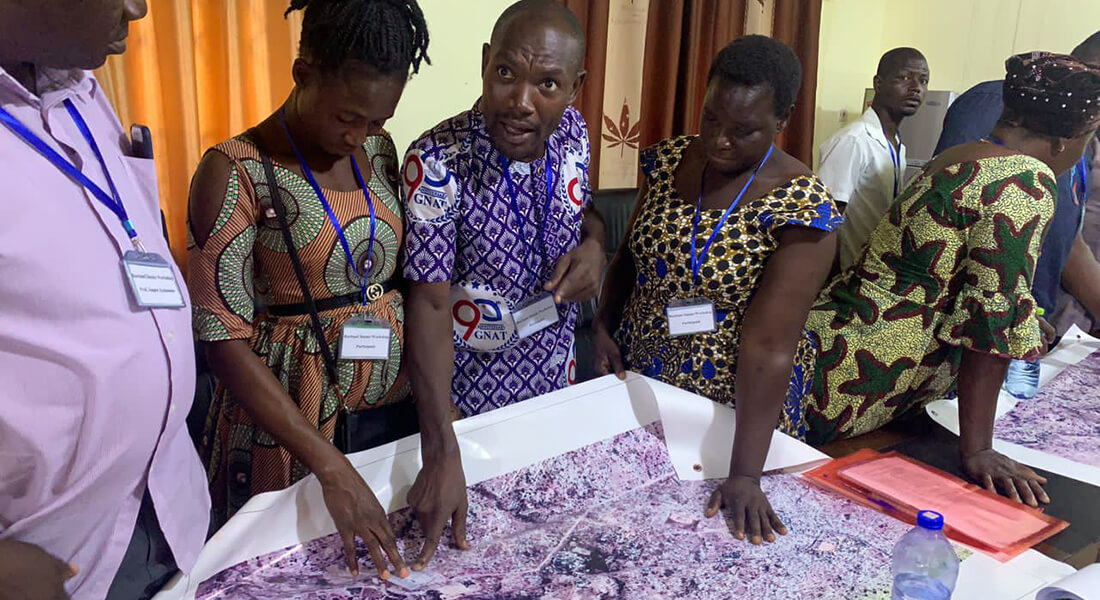About the project

The project focuses on the southern limit of the Sudano-Sahelian bio-climatic zone of West Africa and specifically on the southern part of Burkina Faso and Northern Ghana. In this region, impacts of climate change and high population growth bringing about youth employment and livelihood insecurity and fragility are evident. These processes spur increased mobility and the emergence and development of small towns.
Small town growth and rural-urban migration challenge local governments’ capacity to provide basic infrastructure and services whilst protecting local ecosystems. But small towns can also play an important role in supporting adaptation to climate change that contributes to socially and environmentally sustainable development pathways. Institutional and governance systems -and especially local governments- play a key role to make this happen and access to relevant data at the appropriate scales is essential, along with technical and financial capacity.
In this project, we seek to develop a comprehensive understanding of the interplay between climate change, small town development and local governance in supporting sustainable adaptation to climate change. This will be achieved through three distinct but interrelated specific objectives that aim to:
- assess the accessibility and relevance to local stakeholders of existing environmental, demographic and socio-economic data at different scales and improve them through the integration of secondary (remotely sensed) climate data at the regional and sub-regional scales
- document the ecosystems-urbanisation-livelihoods nexus by exploring the reliance on and impacts of the livelihood strategies of different groups in small emerging towns on environmental resource use and availability; and
- examine the factors that may sustain or hinder the role of local governance systems in supporting sustainable adaptation to climate change.
Funded by
Research grant from the Ministry of Foreign Affairs
Projekt: Climate Resilience Across the Rural-Urban Continuum(DFC grant number: 20-11-KU)
Funding period: 2021-2025
Contact
Professor Jytte Agergaard
Department of Geosciences and
Natural Resource Management
E-mail: ja@ign.ku.dk
